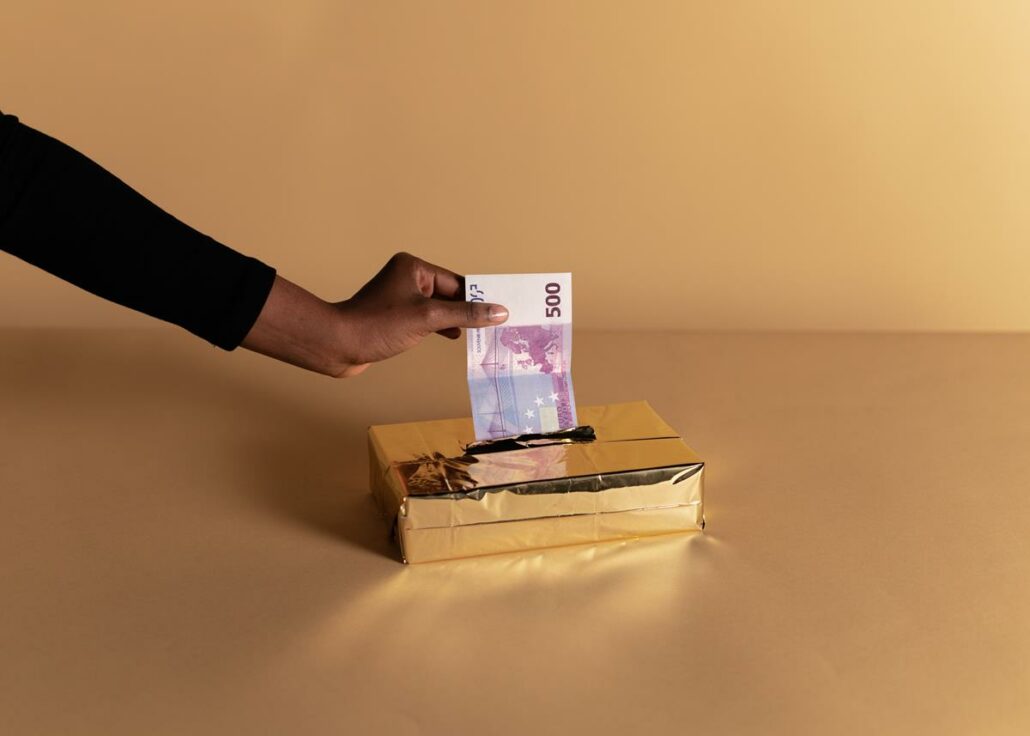Securing Your Retirement with Precious Metals
Sponsored content
To harness the advantages of precious metals for retirement planning, Hungarian investors can explore the option of Precious Metal IRAs. This article will look at the concept of Precious Metal IRAs, how they operate, the types of precious metals available for investment, and whether having an IRA aligns with your retirement goals.
Understanding Precious Metal IRAs
A Precious Metal IRA represents a specialized category of self-directed Individual Retirement Accounts (IRAs). Unlike conventional IRAs, which limit investments to traditional assets, self-directed IRAs empower you to diversify your portfolio with a precious metals IRA or by incorporating other unconventional assets such as real estate and cryptocurrencies. These IRAs are subject to the same contribution limits as standard IRAs.
Eligible Precious Metals for Retirement Investment
Precious Metal IRAs offer Hungarian investors the opportunity to invest in gold, silver, platinum, or palladium. However, not all precious metals meet the IRS standards for inclusion. To be eligible, the metals must meet specific purity criteria:
- Gold must have a purity of 99.5%.
- Silver must have a purity of 99.9%.
- Platinum must have a purity of 99.95%.
- Palladium must have a purity of 99.95%.
Common options that meet these criteria include Canadian Maple Leaf coins, Australian Koala bullion coins, and PAMP Suisse bars. Additionally, the IRS allows American Eagle coins, despite their failure to meet the 99.5% purity standard for gold. For more information, you can check out this gold IRA rollover guide to find out how to convert your assets into gold.
Notably, rare or collectable coins, Swiss Francs, British Sovereigns, and German Marks are ineligible for inclusion in a self-directed IRA in Hungary.
Determining the Allocation of Precious Metals
Before allocating funds to precious metals within their IRAs, Hungarian investors should approach this investment conservatively. Most financial experts recommend limiting precious metal investments to no more than 5% to 10% of their retirement funds.
Several reasons support this conservative approach. First, well-designed portfolios prioritize diversification to mitigate unnecessary risk associated with overinvesting in a single asset or asset type. Diversification ensures that investors do not concentrate all their assets in precious metals.
Secondly, while precious metals have historically preserved their value over the long term, they may lag behind other asset classes, such as stocks, particularly when considering reinvested dividend growth. Therefore, Hungarian investors seeking continuous growth in their retirement funds may limit their potential by overinvesting in precious metals.
Furthermore, while precious metals are often considered safe-haven assets, they can exhibit volatility similar to that of stocks. Prices may rise during economic downturns, but can decline as stock markets recover. For those seeking security and inflation protection, investments like high-quality bonds or Treasury Inflation-Protected Securities (TIPS) may offer more suitable alternatives.
Unique Considerations for Precious Metal IRAs
Hungarian investors contemplating Precious Metal IRAs should be aware of specific factors that differentiate them from other investment options. Precious Metal IRAs tend to be more expensive due to various fees, including setup fees, transaction fees, custodial fees, and physical asset storage fees. Unlike traditional IRAs, IRS regulations prohibit the storage of precious metals from a Precious Metal IRA at home, risking additional taxes and penalties if violated.
Withdrawals from a Precious Metal IRA
When Hungarian investors decide to make withdrawals from their Precious Metal IRA, they have two options:
- In-Kind Distributions: Request the actual physical precious metals to be shipped upon distribution.
- Depository Purchase: Opt for the depository to purchase the precious metals from the IRA, providing the investor with the dollar value of their investment.
Regardless of the withdrawal method, investors must contact their custodian to initiate the transaction. It is important to note that Precious Metal IRAs are subject to the same taxation rules as traditional IRAs. While investments within the account can appreciate in value without taxation, withdrawals may incur taxes and penalties based on the account type and age of the investor.
Should You Consider a Precious Metal IRA?
The decision to open a Precious Metal IRA ultimately depends on your financial situation, investment objectives, and risk tolerance as a Hungarian investor. While Precious Metal IRAs offer potential inflation protection and portfolio diversification, they come with higher expenses compared to some alternative investment options.
Precious Metal IRAs are generally most suitable for Hungarian investors who already maintain a well-diversified investment portfolio and wish to diversify further by allocating a small portion to physical gold, silver, platinum, or palladium. For those seeking easier exposure to precious metals without the complexities associated with Precious Metal IRAs, exchange-traded funds (ETFs) or mutual funds that track precious metal indexes or prices may represent more cost-effective and lower-risk alternatives.
In conclusion, while Precious Metal IRAs can augment your retirement portfolio by adding a valuable dimension, it is essential to approach them with careful consideration, ensuring they align with your overall investment strategy and retirement objectives in Hungary. Precious metals should be viewed as a supplementary component of your investments, offering a degree of stability and protection rather than constituting the entirety of your retirement strategy.
please make a donation here
Hot news
What happened today in Hungary – 26 July, 2024
Drama: number of births in a 20-year low in Hungary
Yay or nay? – 6 odd Hungarian delicacies that make our skin crawl
Budapest tourism “exploded” this past weekend
Container transport in Budapest may stop: How will this affect Hungarian economy?
Minister: Hungary will protect its territory by every means possible




